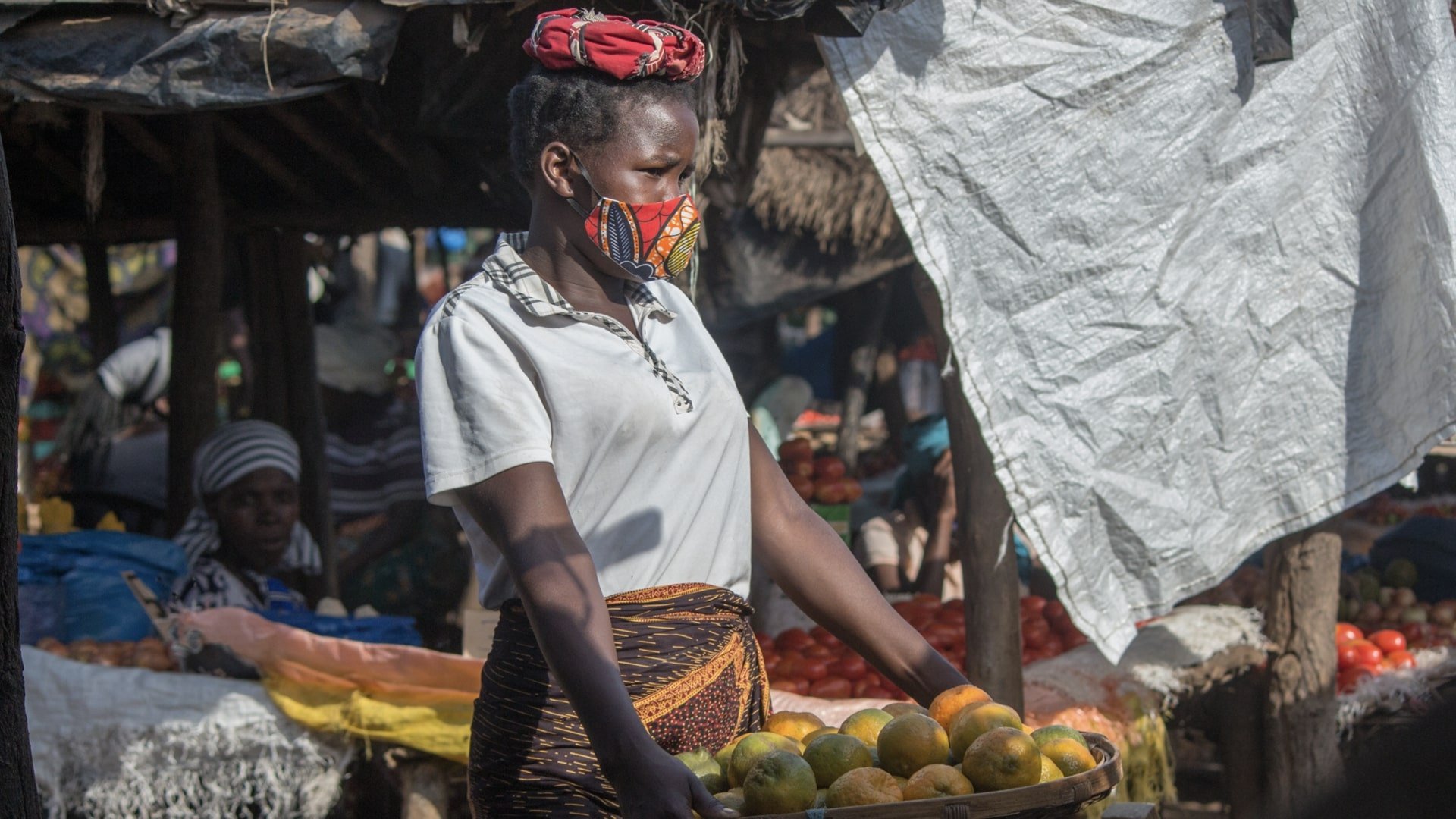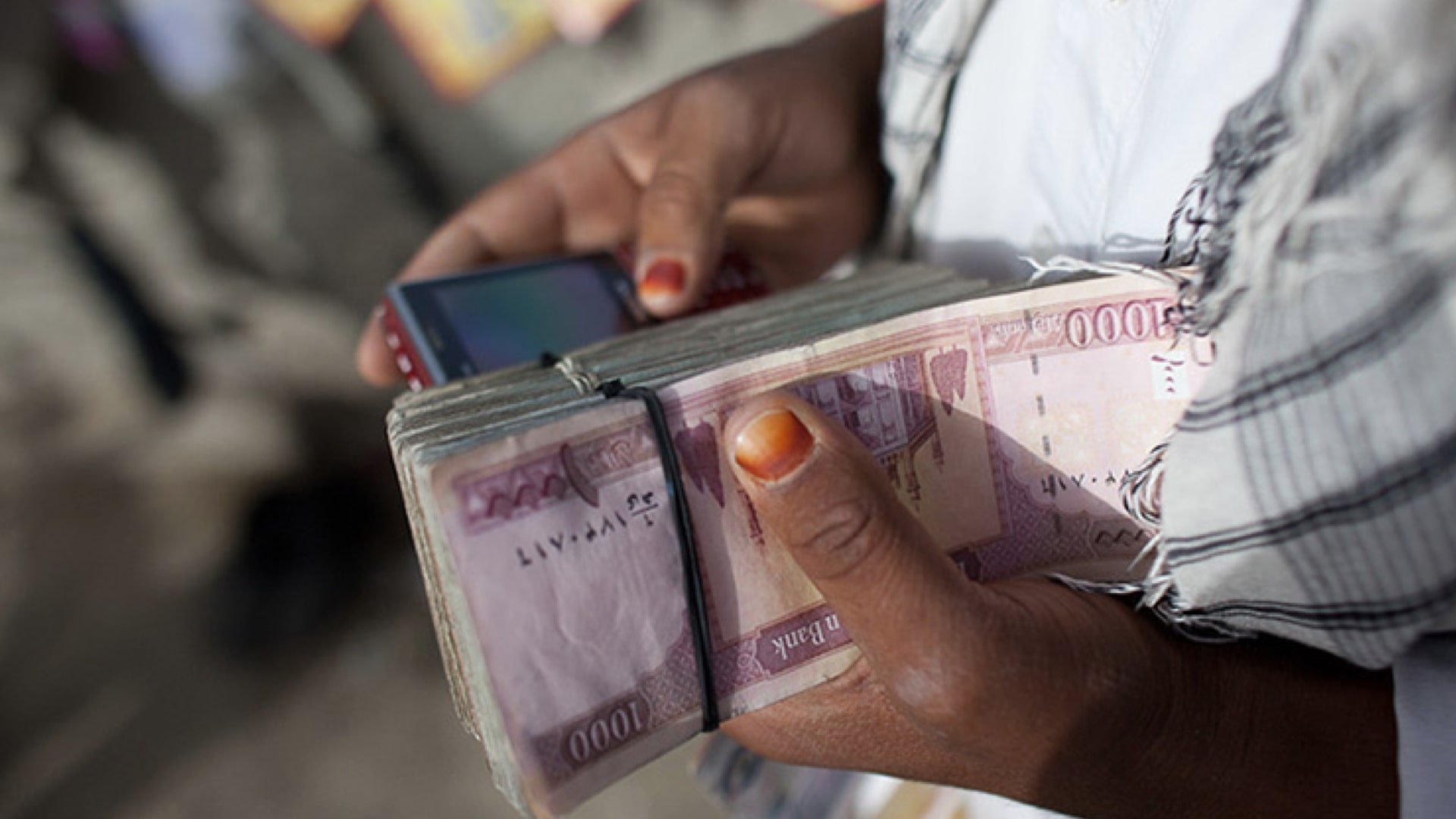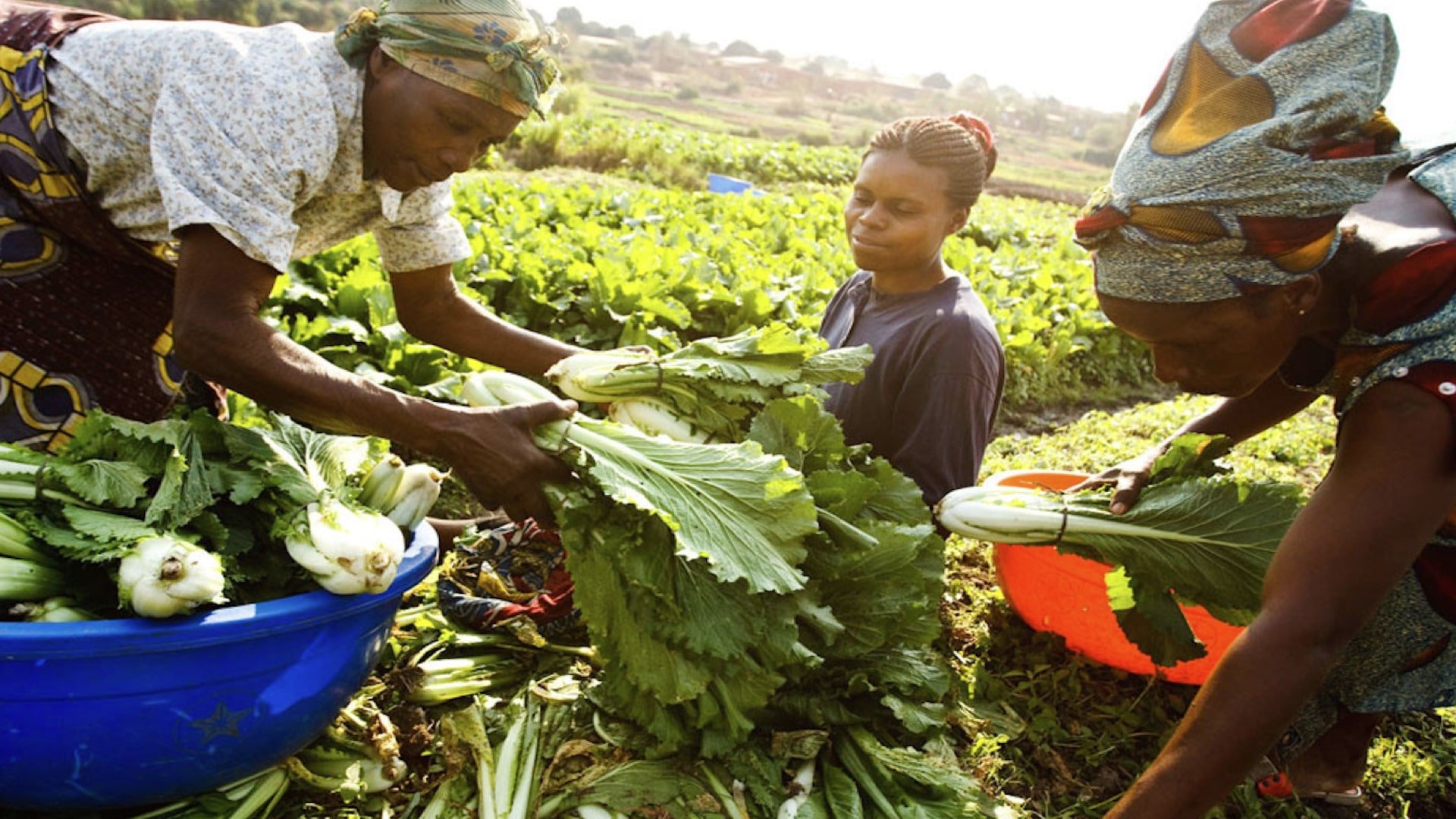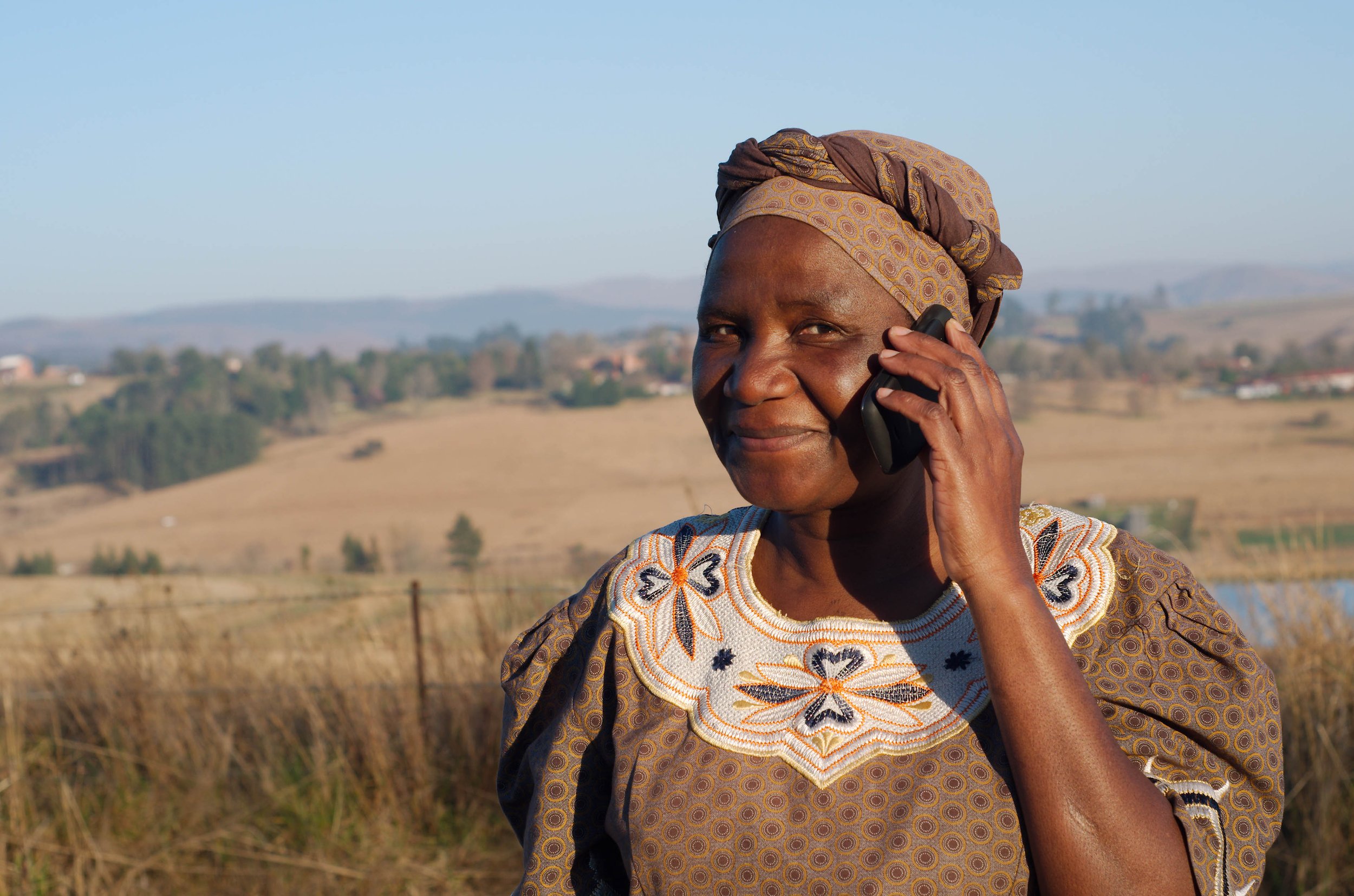
Scale DNA
“Policymakers will need to better understand the drivers of, and obstacles to, the growth of African companies if they are to achieve national development goals and create better jobs”.
Chatham House, Size Matters: Developing Businesses of Scale in Sub-Saharan Africa
Six attributes that help identify probability of scaling success
Given that scaling is a new phenomenon in Africa, we have looked at whether it is possible to identify - at the earliest stage - companies with high potential for scaling, so that support and resources can be directed towards them to maximise the probabilities of success, and minimise adverse effects, like premature scaling. Startup Genome’s detailed investigation into premature scaling reveals startups that scale properly grow about 20 times faster than startups that scale prematurely.
Considering international efforts and exemplars can help classify scaling attributes, and determine which of these are universal, and which are contextually influenced, and what the variances might be.
In their methodology, called “the Art of Scaling”, Dutch experts, Scale Up Nation, have helpfully defined a number of key factors which can help attribute the probability of scaling success. They aptly call these elements “scale-up DNA”, as indicated in Figure 8. Utilising a heuristics approach, we tested whether the (early) success factors which they identify might need to be differentiated for the African context, due to various underlying conditions. Applying their definitions, we consider each of the six factors below.
Figure 8: The scale-up DNA Source: Art of Scaling, Scale Up Nation

1. Great Market
Defined by Scale Up Nation as “Playing in a large, growing and profitable, international market”.
African Contextual Factors
African markets are fragmented. African markets are large, but highly fragmented. The markets are also highly diverse in terms of language and cultural norms.
“Firstly, to build very successful businesses, you need large markets. Not only is the market fragmented, but there's not as much disposable income. These aren’t large markets. Yes, people talk of 1.2 billion people and this trillion dollar GDP, but the 1.2 billion market is so fragmented between small countries.” - interviewee
Defining addressable markets. Capturing urban populations is essential due to poverty, low internet penetration and cultural constraints in rural areas. Africa’s leading cities account for 80 percent of consumers with disposable income. Different market segments should be considered based on purchasing power and annual income. By way of example, Dr Ola Brown, Founder of the Flying Doctors Healthcare Investment Group, usefully segments Nigeria into three categories:
Nigeria 1: c2m people earning an annual income of $10,000
Nigeria 2: c80–92m earning an annual income between $3000 - $9000
Nigeria 3: c90m people earning below $3,000.
Dr Brown notes that, to scale in Nigeria, products need to be affordable, accessible and acceptable. Notable non-tech companies that have achieved this scale include companies like Dufil Foods (instant noodles) and Chivita (an inexpensive juice drink aimed at low income Nigerians). Moreover, products aimed solely at segment 1 would almost certainly fail to scale, unless they are highly-targeted. The segment 2 market is large, but also highly fragmented, making it very difficult to serve users simultaneously. Consumers in segment 3 are the most challenging to reach, especially if products are digital, as most do not (yet) own smartphones, nor can they afford the data required to engage with platform businesses.
“We have a highly youthful population. They will find it easier to adapt to technology. But the problem is, they don't have the earning power to be able to afford those things.” - interviewee
Consumers are utility- and price-sensitive with limited purchasing power and low levels of trust. Customers are difficult and expensive to acquire and retain. Consumer purchasing power remains weak. Consumers don’t (yet) tolerate fully digital modes of distribution. Price sensitivity is also so strong that it strongly influences customer retention.
There are still large, unexploited markets to serve in Africa. Researcher Tayo Akinyemi notes that, despite conditions that seemingly limit the size of addressable markets, Africa has a growing, young population that is increasingly ‘middle class’, with higher rates of mobile and smartphone adoption, and high tech penetration rates. The same challenging conditions that increase friction also reduce competition and increase the size of unserved populations. In other sectors, there are concentrations (even a saturation) of solutions as they compete for the same customer base. This - coupled with rivalry from non-African businesses, who are often better resourced - makes market conditions far tougher.
“There is a lot of business opportunity that African entrepreneurs can exploit at the bottom of the pyramid. African entrepreneurs who understand the poor and their untapped buying power, and can come up with unique ways to serve this segment, stand a good chance of scaling up their operations with ease.”
Successful ventures address big problems. There are endless thorny issues to solve in Africa through the execution of market-driven innovation solutions.
Digital commerce markets are growing but still nascent due to underlying challenges.

Spotlight on: the challenge of e-commerce
Firas Ahmad, Group CEO & Co-founder of AzamPay, notes for the e-commerce sector a number of scaling barriers remain
-
Those that do have smartphones may not even use them as smartphones, focusing primarily on Whatsapp. Smartphone penetration is not enough, smartphone fluency is also required — meaning a critical mass of consumers capable of downloading and placing an order on a smartphone without any technical support or hand-holding.
-
The number of middle to upper-class consumers with the financial resources to purchase online remains limited and highly fragmented across major cities. E-commerce operators face an uphill climb with respect to economies of scale required to manage logistics, inventory, and produce profits given relatively smaller, localised customer bases. In the immediate to medium term, e-commerce operators will either sustain losses or have to be creative about how they address the customer base while keeping transaction costs low.
-
Reaching the end consumer with products is a complicated task. E-commerce providers who achieved scale in developed markets did so on the backs of existing third-party logistics carriers. African operators have to take the entire logistics value chain in-house, or risk quality of service issues totally out of their control. The lack of qualified and reliable third-party logistics providers is a major impediment to scaling digital commerce in Africa.
-
Without trust, there is no e-commerce. This requires service level requirements, delivery confirmations, return policies, transparent pricing, escrow payment mechanisms, quality products. Payment platforms must go beyond payment processing and look into models of trust facilitation for digital commerce. In mature economies credit cards manage this trust between buyer and seller, however as all transactions on mobile money are pre-paid, this functionality is not native to mobile money. A systematic trust mechanism built into payment networks is necessary for e-commerce to develop.

2. Scalable Model
Defined by Scale Up Nation as “A model that becomes disproportionally more profitable with scale (based on increasing returns, viral dynamics, product improvement through use, or economies of scale). The model is flexible enough to cope with both internal and external forces and demands”.
African Contextual Factors
Culture affects product-market fit. A product that works in one country may not work in a neighbouring country, let alone in an entirely different region of Africa.
”Building products for Nigeria and Ghana will have different models, because your customers are different in each country: they have a different relationship towards trust and other underlying barriers. How you communicate your value proposition, model, market strategy, or sales pipeline is different in each of those markets, because the context is different, the customer context is different.” - interviewee
“What makes the African market so different is the variance, the diversity. The scaling business in Africa is a completely different thing to a scaling business in the U.S or France, or some first-world market.” - interviewee
Costs and complexity usually increase, not decrease, with scale. Given the relatively small local markets, internationalisation (namely expanding across borders, though not necessarily outside the continent) is generally a prerequisite to scaling a venture in Africa. This (premature but necessary) strategy massively increases the costs and complexity of the business at a vulnerable point in its development cycle. Each country has its own set of macro and market challenges, including complex and costly regulatory compliance challenges and last mile delivery obstacles.
“The ratio of complexity to size is way out of kilter for ventures having to internationalise so early on. Physics is working against them.” - interviewee
‘Imitate-but-modify’ modalities are limited. Newly established ventures in developing countries are surrounded by considerable uncertainty, and deliberately seek to learn vicariously by imitating the business model template of successful ventures. However, because of significant institutional voids, the ventures’ intentional imitation is progressively replaced by experiential learning that blends business model imitation with innovation.
“We have seen in Africa finance not being structured for the context of Africa. We've had a lot of copy-paste models, copying what happens in the West. And it's disappointing that after 30 years of financial services, we're still using the same models that clearly don't fit our context.” - interviewee

3. Competitive edge
Defined by Scale Up Nation as “A unique advantage that makes the product distinctive. An edge that cannot be easily replicated without permission, so provides a defensive ‘moat’ versus competition. This edge can be a superior technology (if protectable or sustainable), a unique skill or a privileged relationship, e.g. with a development partner. By maintaining a close relationship with their customers, scale-ups dig into qualitative data to track down what really attracts users to their product and keep improving on it to stay ahead of competition”.
African Contextual Factors
Incumbents enjoy unfair advantages. Large incumbents (sometimes state-backed monopolies) have long enjoyed privileged market positions, especially in key B2C sectors like financial services, retail and energy, which are notoriously hard to disrupt. They use their connections and market power to make barriers to entry for startups far more burdensome. Management consultants BCG believe that, over time, Africa’s biggest companies will grow increasingly dependent on the world’s leading technology players in their segments, and profit margins will shrink.
African scaling digital businesses are competing with better resourced international competitors. These international competitors offer technologically more advanced products and services which unbalances the playing field. Scalable digital product category businesses like social networks are already occupied by Silicon Valley competition - their resource advantage means they are also incredibly difficult to disrupt. Digital multinational corporations scale across geographies, have authority, and can mobilise transnational capital. Often international companies are afforded competitive opportunities like tax breaks in order to attract more foreign direct investment.
Intellectual property (IP) protection is nascent on the continent. Most IP filings are made outside of Africa. It has also been suggested that old business models for scaling up entrepreneurial activity — based on tight, proprietary control over knowledge in closed innovation systems — will likely not work in most African settings.
Competitive capital or technical moats (defences that allow a company to maintain a competitive advantage) are in play, nonetheless this area is vastly under researched in Africa. Generally it is recognised that ‘frontier innovators’ often endure more organisational complexity upfront than Silicon Valley firms, yielding better position for them to endure and succeed over the long-term. We recommend researchers undertake further analysis on how such competitive strategies operate on the African continent.

4. Impact Business
Defined by Scale Up Nation as “Aiming for societal or environmental impact.”
In Europe it has been proven that businesses with a clear impact vision embedded from the offset are more likely to successfully scale by approximately three times. Other studies have proven rapid-growth firms utilise a growth-oriented mission statement to a greater extent, as indicated below in Figure 9.
Figure 9: Impact orientation as a success factor for scaling up Source: Scale Up Nation, World Economic Forum
African Contextual Factors
Impact missions are often inherent. Given that businesses are born out of their operating contexts, many commercial African businesses have implicit socio-economic impact missions. They tackle large foundational problems and address pressing societal needs, much more so than in developed markets where products usually reflect what consumers want, rather than what they need. The rapid growth of the African fintech industry - which raised a significant proportion of the total investment made on the continent in 2021 - bears testimony to this: their total addressable markets include hundreds of millions of unbanked Africans who increasingly need access to digital financial services. The impact of increased financial inclusion on poverty reduction, job creation and GDP growth are immense and stand to benefit whole societies.
Articulating an impact mission is not seen as a strategic priority. The extent to which African scaling businesses have formalised their corporate responsibility agendas remains under-explored. Immediate indications suggest many of the African unicorns have loose CSR credentials and commitments. As environment, social and governance (ESG) and related sustainability reporting requirements increasingly become the norm, so will the expectations that African businesses need to integrate these factors into their business models to extend competitive advantages and their de facto licence to operate.
Development and impact investment has influenced ecosystem development, and not always positively. Founders tend to follow the money, and much of the African early stage sector funding has historically come from social impact investors and development donors. Nairobi’s software sector, for example, is one of the most heavily supported entrepreneurship communities in the world: by 2016, there was one hub launched for every 32 software companies in Nairobi, resulting in a proliferation of micro-enterprises and startups that will likely fail, and certainly never achieve scale.
“I think impact investors also play a controversial role. I think sometimes in optimising for impact, first, you end up with businesses that are not commercially viable and are reliant on development funding and grant capital to stay alive, and it allows for business models that don't work to proliferate.” - interviewee
The social entrepreneurship scaling ecosystem is significantly more mature than its commercial counterpart. Social enterprises traditionally have led the charge against poverty alleviation. Yet high-growth ventures can concurrently drive growth alongside promoting a purpose-driven, socially conscious agenda. They are well placed to trail blaze catalytic change in Africa, positively influence policies and regulations, and raise standards. Opportunities can be developed for sharing learnings, but far more intentionality is needed.
“There are lessons to be learned by bridging [high-growth ventures and social enterprise] knowledge, especially where you have impact investors investing at scale. There are learnings for companies, who are moving more into ESG, and are becoming more responsible citizens of society. Social enterprises can partner for good solutions. There are lots of lessons to be learned with these sorts of interactions. Some interactions are happening at the moment, but they don't tend to focus on scale”. - interviewee
The knowledge linkages between commercial scaling and social enterprises that scale are not deeply researched, ingrained, or systemically connected by mechanics in the manner one might expect, as indicated by Figure 10. Impact investors could be expected to drive this change. Better bridge building - across commercial and socially-focused enterprises would bring mutual and reciprocal gains as explicit knowledge channels remain under-developed. We encourage academic researchers to explore how knowledge bridges can be built and extended.

5. Delighted Customers
Defined by Scale Up Nation as “Providing a product that solves a real and urgent need, is significantly better than what is currently out there, and delights its customers through its surprise, essence and attractiveness. Scale-ups constantly collect feedback for their product and services from customers, experts and partners. They track their customers’ interaction with the product, their customers’ satisfaction over time and perform user tests for every feature addition or change. By analysing customer journeys and mapping customer activities, they understand the situation, motivation, needs and pain points and propose solutions that delight their customers”.
African Contextual Factors
Africans tend to build products people need, not products people want. The relatively low consumer purchasing power in Africa means that for the vast majority of potential consumers in a market, providing essential products and services is a far greater priority than the ability to ‘delight’ customers. Many digital products are seen as luxuries.
“[African businesses] learn from local customers, adapt to local conditions. Mostly, product-market fit means a sustainable business, not an expansion one.”
Although increasing rapidly, digital penetration is lower in Africa than any other continent, which limits the ability to harvest some customer data. Smartphones are expensive to buy, and vulnerable to theft. Digital literacy levels are low. The cost of data required to access the internet, if there is coverage in an area at all, is disproportionately high compared to average incomes. This limits the opportunities for businesses to collect the same level of feedback and customer-related data that are available in more developed markets.
Obi Ozor, Co-founder & CEO of Kobo360, notes that “Poverty and trust are the 80/20 principle hindrances to the takeoff of e-commerce in Africa. We are poor and mainly buy things that are critical for survival. 75% of Africans live on a daily hustle and the other 25% don’t trust the e-commerce platforms as they don’t or can’t yet meet customer service expectations like robust return policies, faster delivery, and discounts”.
Customer acquisition and retention costs are higher in Africa. Customers are harder to reach and less segmented in Africa. Traditional non-digital marketing activities, especially scattergun ones, dramatically increase customer acquisition costs. The higher the cost of acquiring and retaining customers, the harder it is for businesses to achieve profitability later on. In our founders workshop held in March 2022, customer acquisition and retention was repeatedly raised as a major pain point.
David van Dijk, Co-founder of the African Business Angels Network (ABAN) has said that:
“Inflated marketing spending raises questions about fintech’s customer acquisition costs in a struggling environment, where average household income is low and economic growth has been sluggish at an average around 2% a year for the last seven years. Unemployment jumped from around 10% in 2015 to 33.3% by 2021. Calculations about the lifetime value of a consumer are often based on some multiple from the West, which isn’t necessarily appropriate for Nigeria… It is becoming more difficult to make the business case, especially in a weak economy, with companies trying to gain market share by giving away products for free.”
Customer data collection is hard in Africa. This is due to informal markets and limited smartphone penetration, which means fewer insights are collected and tracked. Research shows that rapid-growth firms in Africa tend to have a deeper level of customer knowledge.
Customers tend to get delighted by overseas imports. Studies have shown consumer attitude and perception of imported products coming into Africa is overwhelmingly good as compared to that of local products.

6. Compelling Vision
Defined by Scale Up Nation as “The different potential applications of their core technology and the potential markets they could enter. To realise their vision, scale-ups translate it into a strategy with clear actions and measurable goals”.
African Contextual Factors
Weak national infrastructure means scaling companies often need to diversify early. In Africa, executing the vision requires investment and attention to infrastructure. Sometimes, in order to deliver a product or service, a venture has to build the infrastructure or fix the supply chains required to do so. A venture may also set out to fix one of these elements, such as providing an affordable internet service, only to realise that it also has to build towers and generate power.
“You have to provide your own security, you have to provide your own power supply, you have to provide your own water supply, in effect you have to be a state within a state. And that is already exacerbating the liability of newness and smallness that these startups are grappling with, when you have to provide all of these services for yourself.” - interviewee
Limited supply of the right scale up support, at the right time, to ensure internal strategic capacity means scaling often occurs reactively, not strategically. Most scaling businesses and their stakeholders lack a systematic and strategic approach to scale and have a limited understanding of the activities, skills, and resources required at each stage of the scale process.
“Until scale up, all you've been thinking about is survival. Now suddenly, you pick your head up, now that you survived. But then, what to do next?” - interviewee

Towards a scaling DNA code for Africa
The broader economic and social benefits to societies of creating successful high-growth, scaled ventures, are significant. To encourage the creation and commercial success of more scaling ventures with high-impact potential, we believe that it is imperative to investigate what ‘scale up ingredients’ make up the African venture scaling ‘DNA code’, which take into account the unique contextual circumstances these businesses operate in.
We advance a 10 potential African scaling attributes for discussion and debate:
Pioneering innovators: Adaptive wayfinders who are leading scaling expeditions without precedent or playbooks.
Early internationalists: Expanding across African borders at an early stage to increase consumer and market reach and drive growth.
Infrastructure builders: Vertical and horizontal stack operators, laying the pathways which governments have failed to build, stimulating a new generation of startups that build on that infrastructure.
Long-game players: Scaling takes longer, for multiple factors. More gazelles and camels, less unicorns and exits.
Resilient bootstrappers: Under-capitalised, historically neglected by both traditional and institutional finance.
Institutionally detached: Driving change without the government or corporate support that characterises and catalyses more developed markets.
Ecosystem takers: Take as much as they can from the ecosystem - especially from accelerators, the operational value of which is questioned - with limited willingness to pay for value-adding services.
Scaling novices: Limited experience in the operational mechanics of building a high-growth venture, which threatens both long-term sustainability and investment returns.
Impact generators: Addressing deep social challenges by developing new markets with products consumers need, rather than want, even if impact obligations remain non-formalised.
Experience hunters: Constantly searching for affordable experienced talent from a shallow pool.




